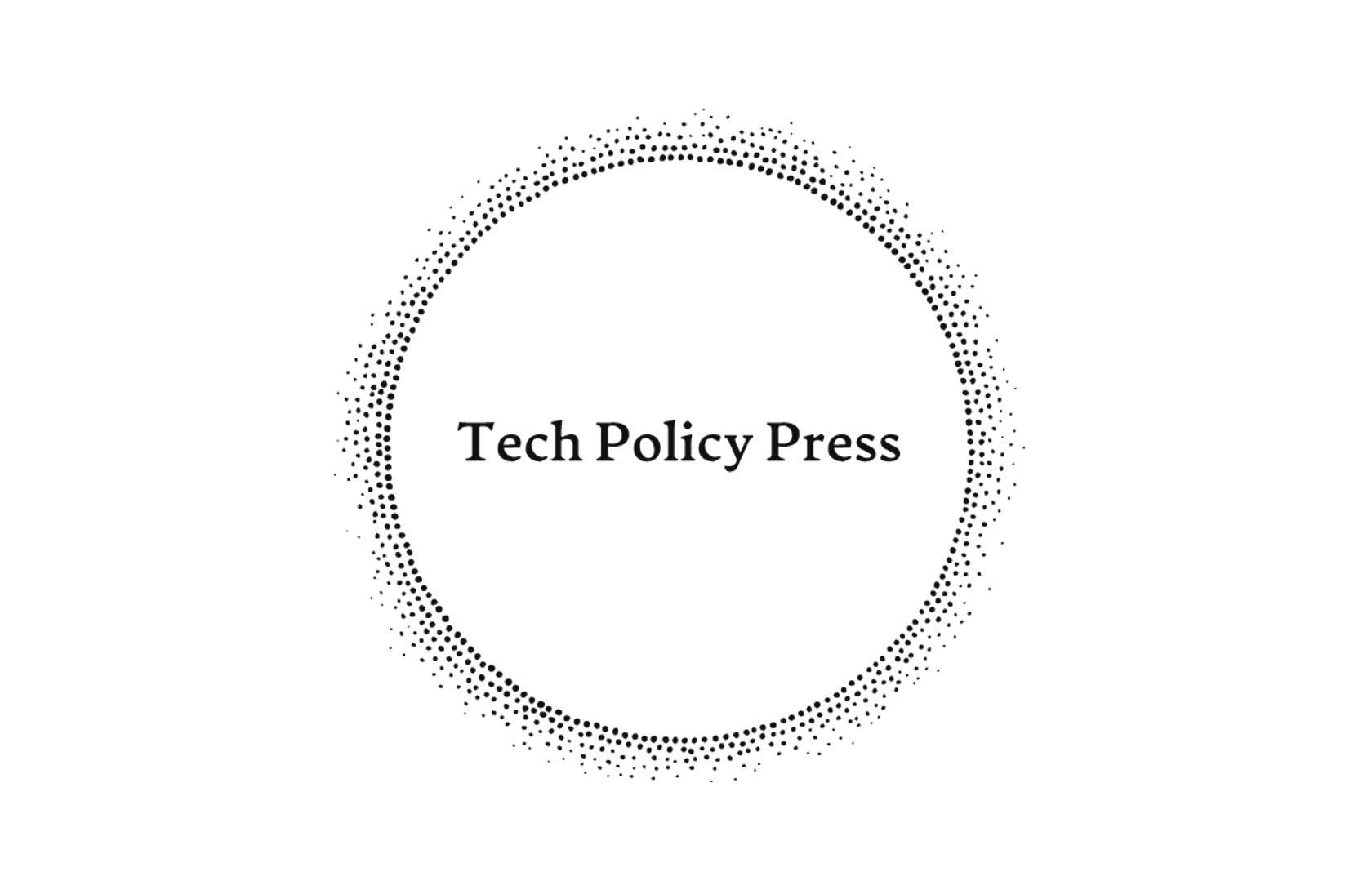Over the weekend, an assassination attempt on former President and 2024 Republican nominee Donald Trump at a deadly campaign rally in Pennsylvania prompted viral imagery on social media, including images depicting a bloodied Trump being whisked away by secret service with his fist raised. But as Americans attempted to make sense of the violence, conspiracy theories and mis- and disinformation took hold on social media platforms, which will continue to be faced with making high-stakes content moderation decisions leading into the US presidential election in November...
David Karpf, an associate professor in the School of Media and Public Affairs at George Washington University, believes that some survey respondents are likely being strategic in their answers by saying what they want to see reported. “If there are conservatives on X who really like being on X now because of what they get to see, when asked in a survey, ‘Do you think X is conservative?’ they say no,’” Karpf said.
You can read the full article in Tech Policy Press


